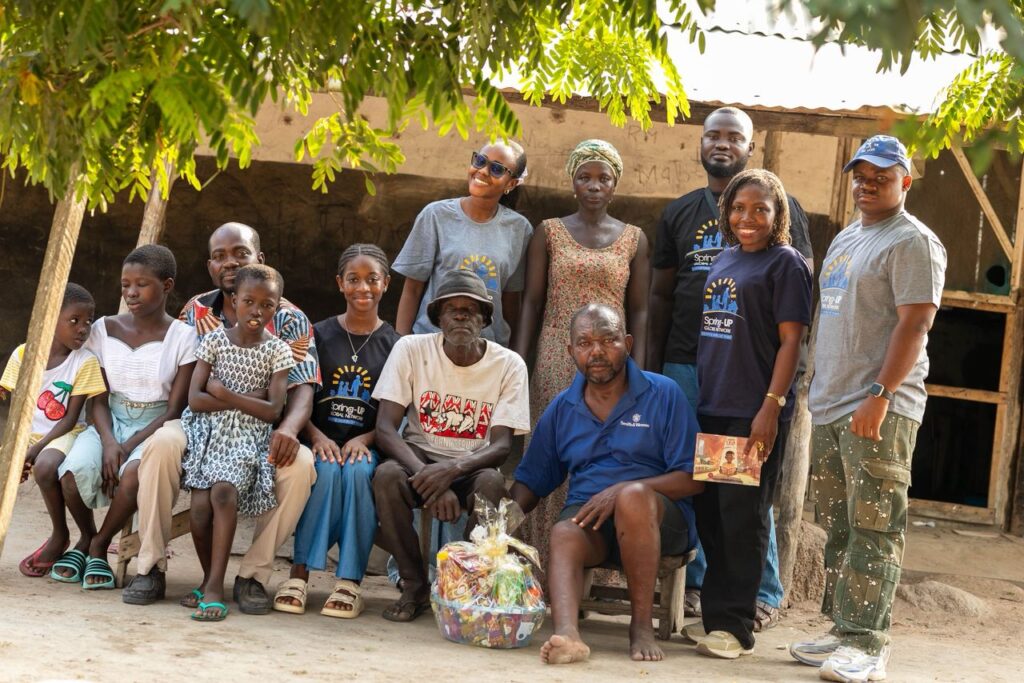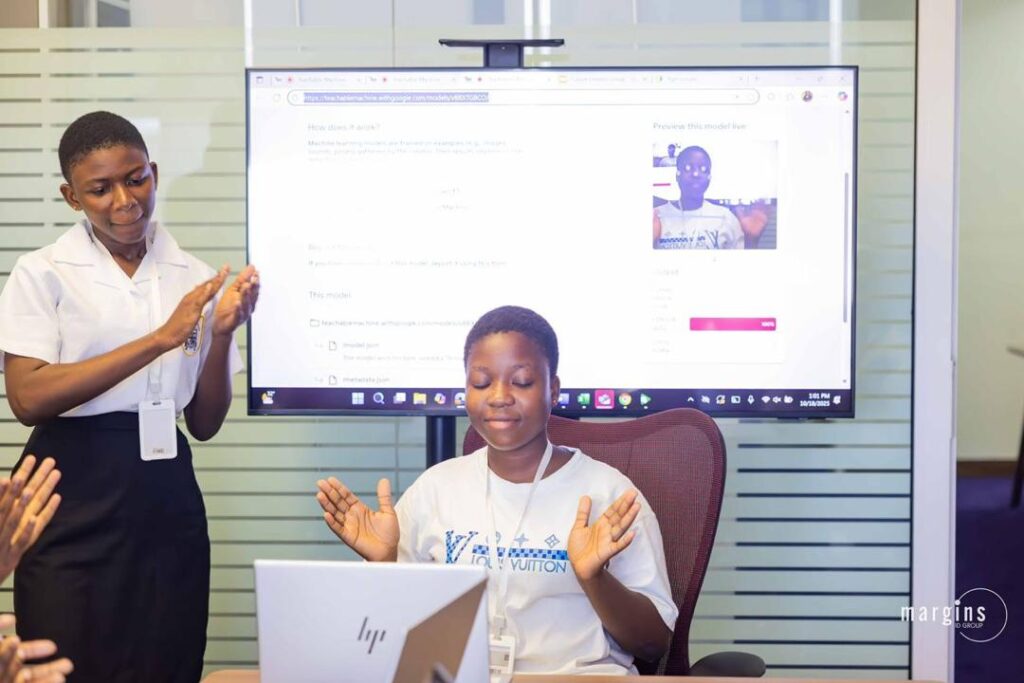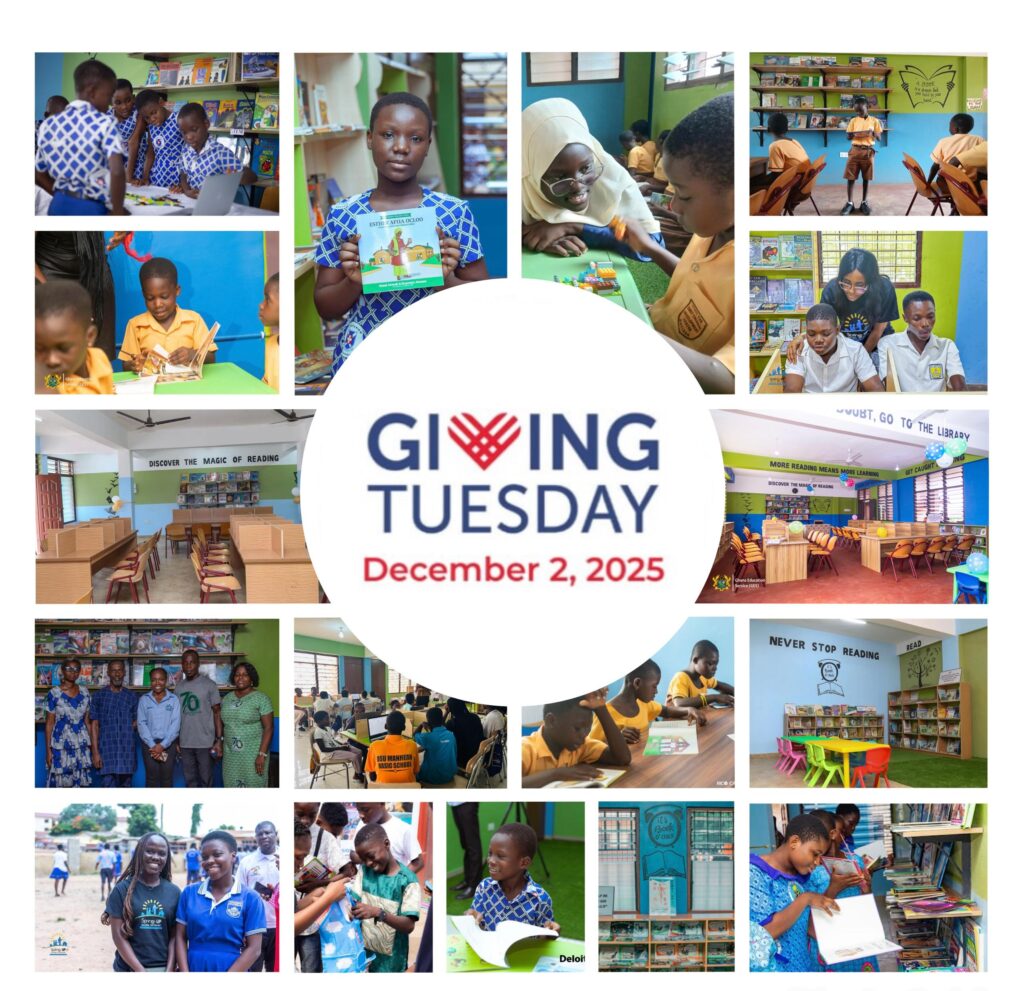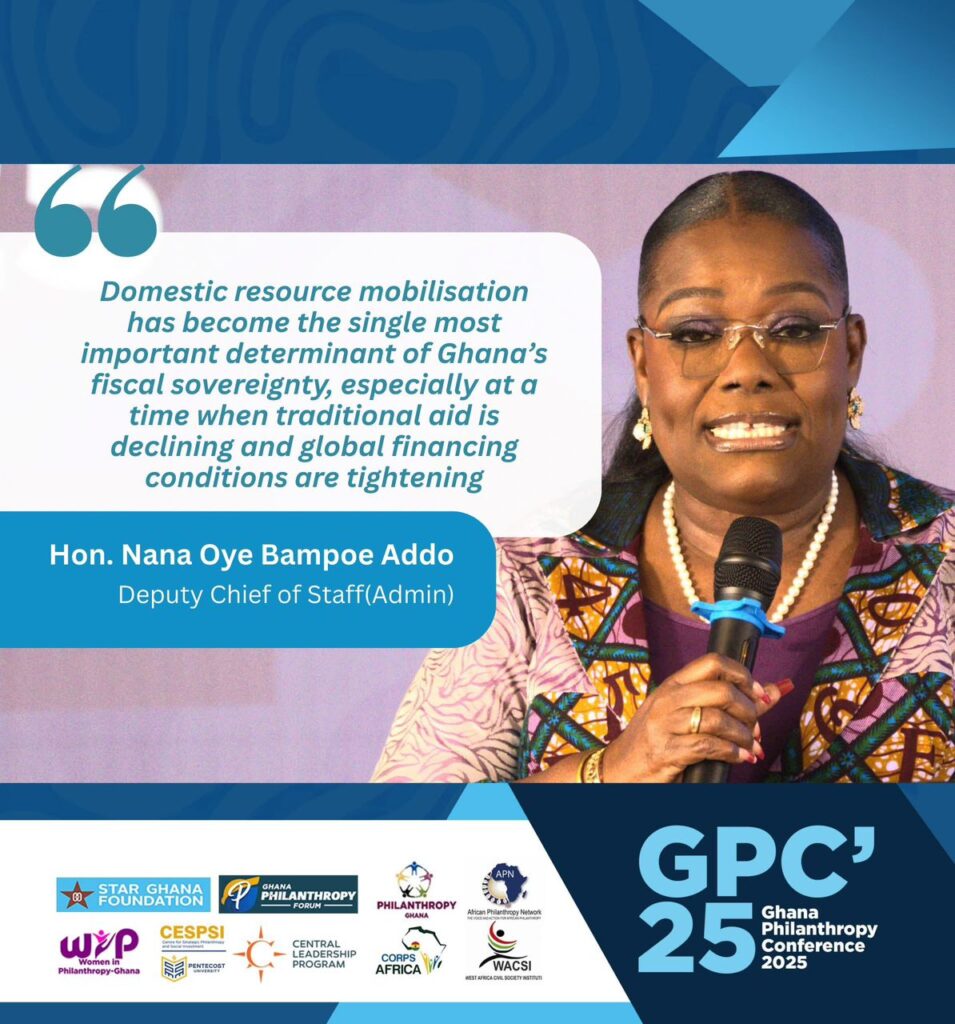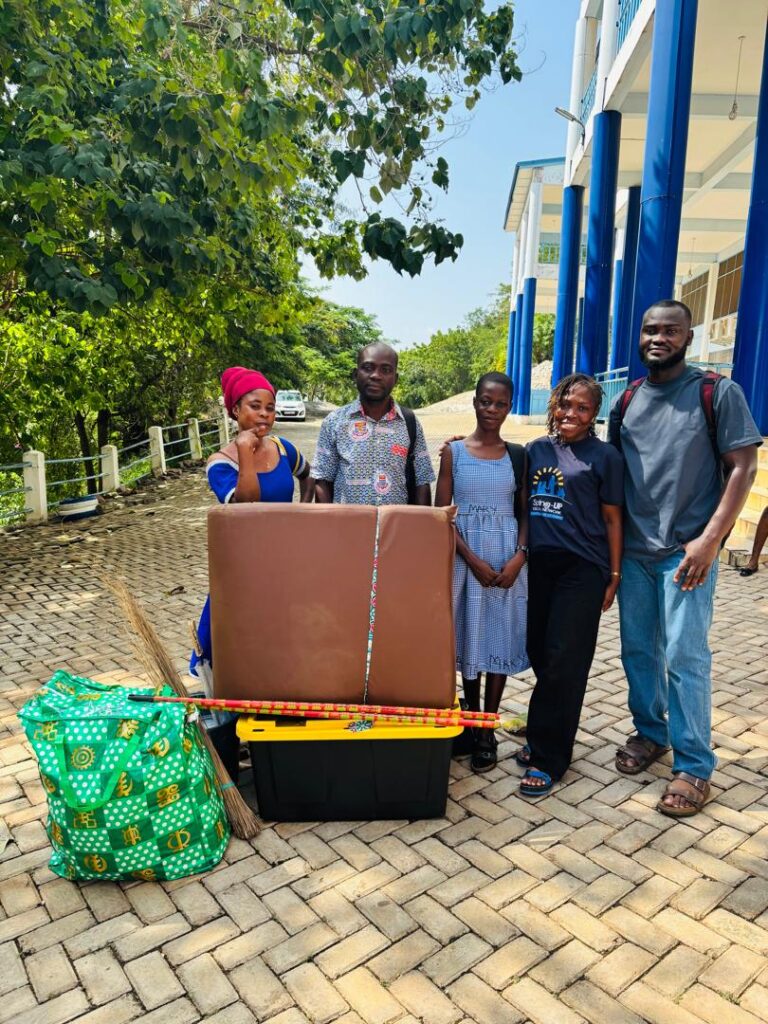Just as we grow from infancy to early childhood, childhood to adolescence, adolescence to adulthood, then adulthood to late adulthood so is the formal educational life.
We graduate from one level to the
other. From the crèche to kindergarten, kindergarten to the primary school, primary school to Junior High School and in their final year undertake the Basic Education Certificate Examination. Basically, formal education uses a known formula for providing information. It can occur in a brick building, on-line or in the field.
It enables students increase their knowledge, that will help them later on in life. Also, students learn how to think critically in an objective/un-biased way. School children
will learn to ‘delay gratification’ (for example: they will not be able to go out as much, as you
need to study, instead). After their graduation to the Senior High School, in their final year they undertake a general test conducted by the West African Examination Council (WAEC). It’s compulsory for all final year students in West Africa to take.
The West African Senior Secondary Certificate Examination (WASSCE), is a standardized test in West Africa. Candidates who pass the exams receive a certificate confirming their graduation from secondary education. It is administered by the West Africa Examination Council. The exam is only offered to candidates residing in Anglophone West African countries. Currently there are 5 member countries of the WASSCE, Nigeria, Sierra Leone, Gambia, Liberia and Ghana are the member countries.
The academic school leaving qualification awarded upon successful completion of the exams is the West African Senior School Certificate.
WASSCE examines students on four core
subjects. They are English, Core-Mathematics, Integrated Science and Social Studies and three or four electives.
In all, students are examined on 4 core subjects, and 4 elective subjects. There are about 56 elective subjects making it an overall 60 subjects to be undertaken. There are two different types of the Examination WASSCE May/June and WASSCE Nov/Dec.
Every year after the WASSCE, not all students are able to further their education. Sometimes they make decisions not to further. Some do not come out with flying colors as they expected, so they would have to resit the papers they flunked. Others purchase the awaiting forms and go the same year they wrote the WASSCE examination. Some graduates must get their hands dirty for several years before they’re able to continue their education.
In West Africa, the WASSCE ushers graduates of Senior High Schools to the tertiary level. It enables graduates to climb higher the academic ladder.
Due to the COVID-19 pandemic, this year’s examination is being conducted from August 3 to September 4, 2020.
The government of Ghana has provided schools with Personal Protective Equipment (PPE) such as the hand sanitizers, nose masks, veronica buckets, tissues and liquid soaps. This is to enable the students and teachers on the various campuses observe the protocols of the novel coronavirus.
Already in KNUST SHS one student has lost his life after alleged neglect over COVID’19 fears.
In as much as it’s good to undertake the
exams, both students and teachers have fears of contracting the novel coronavirus.
The President of Ghana, His Excellency Nana Akuffo Addo has extended his best wishes to the candidates in Ghana. The president in his statement admonished the merits of education to development highlighting the need to ensure continuous education in the midst of covid’19. He said via Twitter “I send best wishes to the 313,837 final year students who will from Monday, 20th July, take the WASSCE”.
Likewise Ex-President John Mahama. He encouraged all SHS candidates to adhere to all covid’19 protocols. As a part of his wishes, he said he was also confident of their success as Ghana continues to produce the best WASSCE results in West Africa. “….and that is why, you, even before stepping into the examination hall, are already our heroes. Nothing can change that,” said Mr. Mahama.
Candidates must put in more efforts to come out with flying colors. They must revise their notes, solve some past questions and ask more questions if they don’t understand what they’ve studied. They shouldn’t have fears over the exams else they will be frustrated in the examination.
All candidates must go to the examination’s centers with all necessary materials. They should adhere to all rules and regulations
with regards to the examination.
We wish the 300,000 candidates sitting for this year’s WASSCE in Ghana the best of luck.
Written By: Emmanuella Nekasen (SUGN Volunteer Writer)
#springupglobalnetwork
#advocacythroughwriting
#mentoringchildren
#sowingseedsofhope



